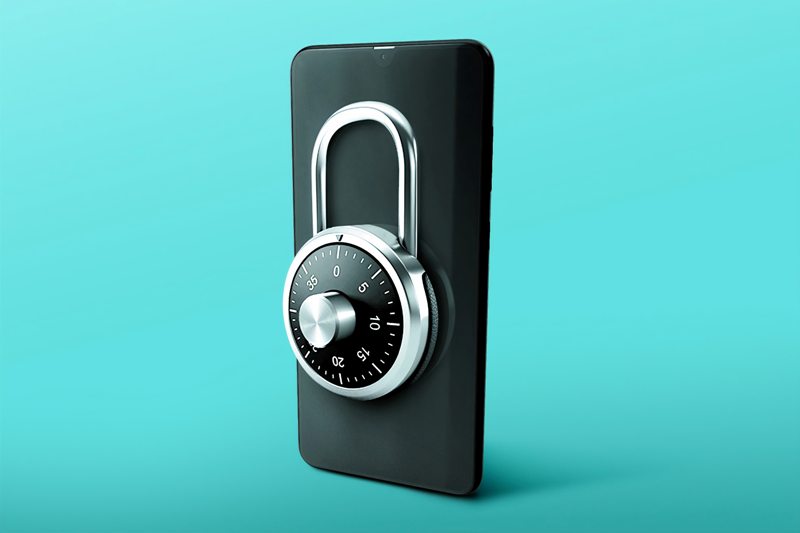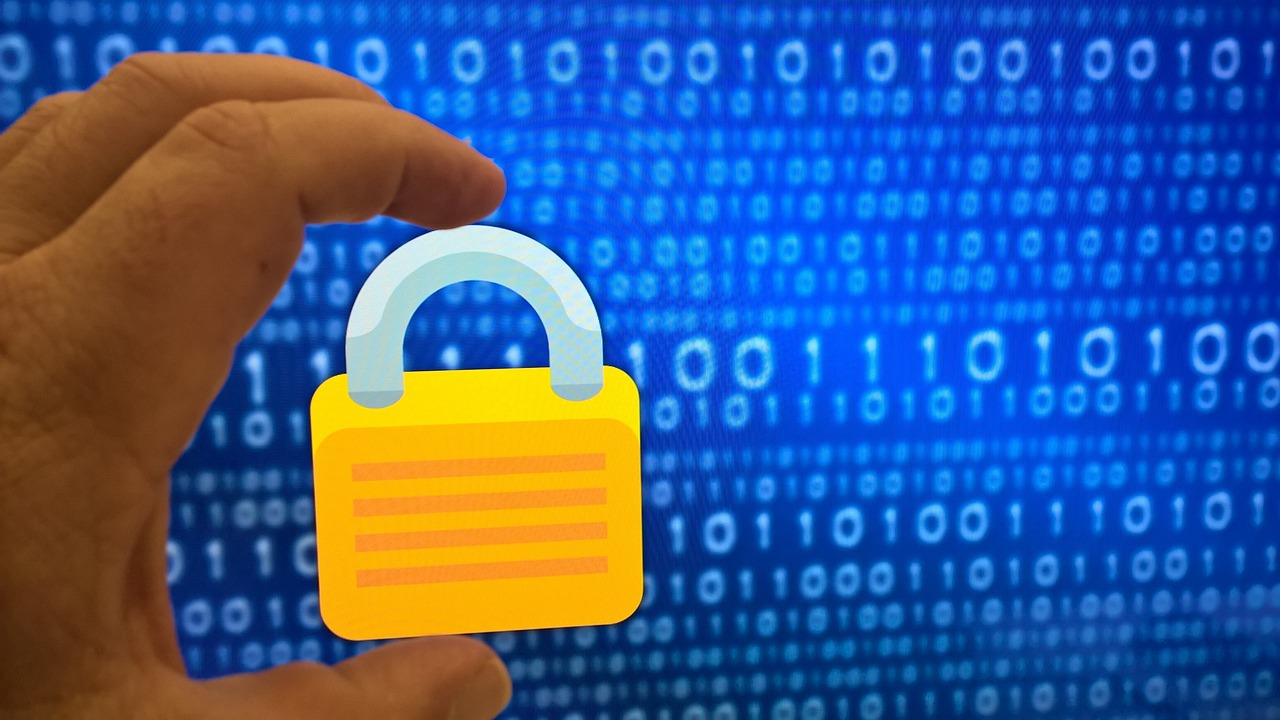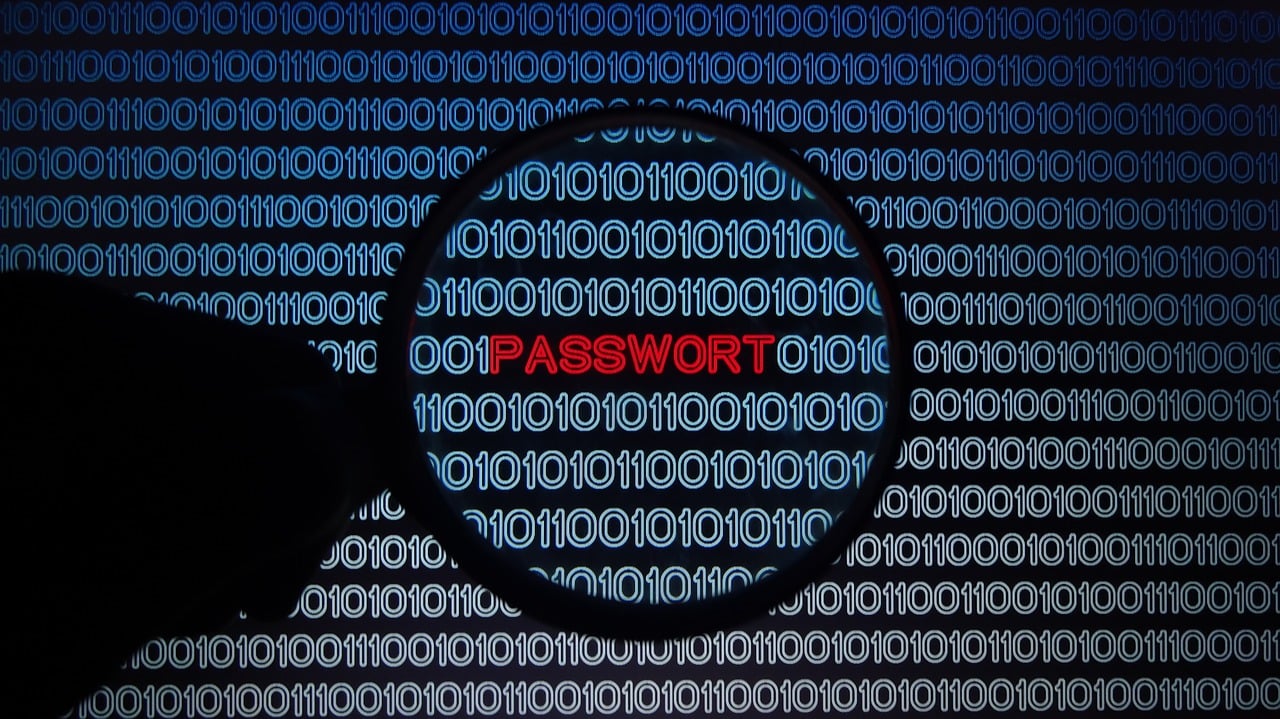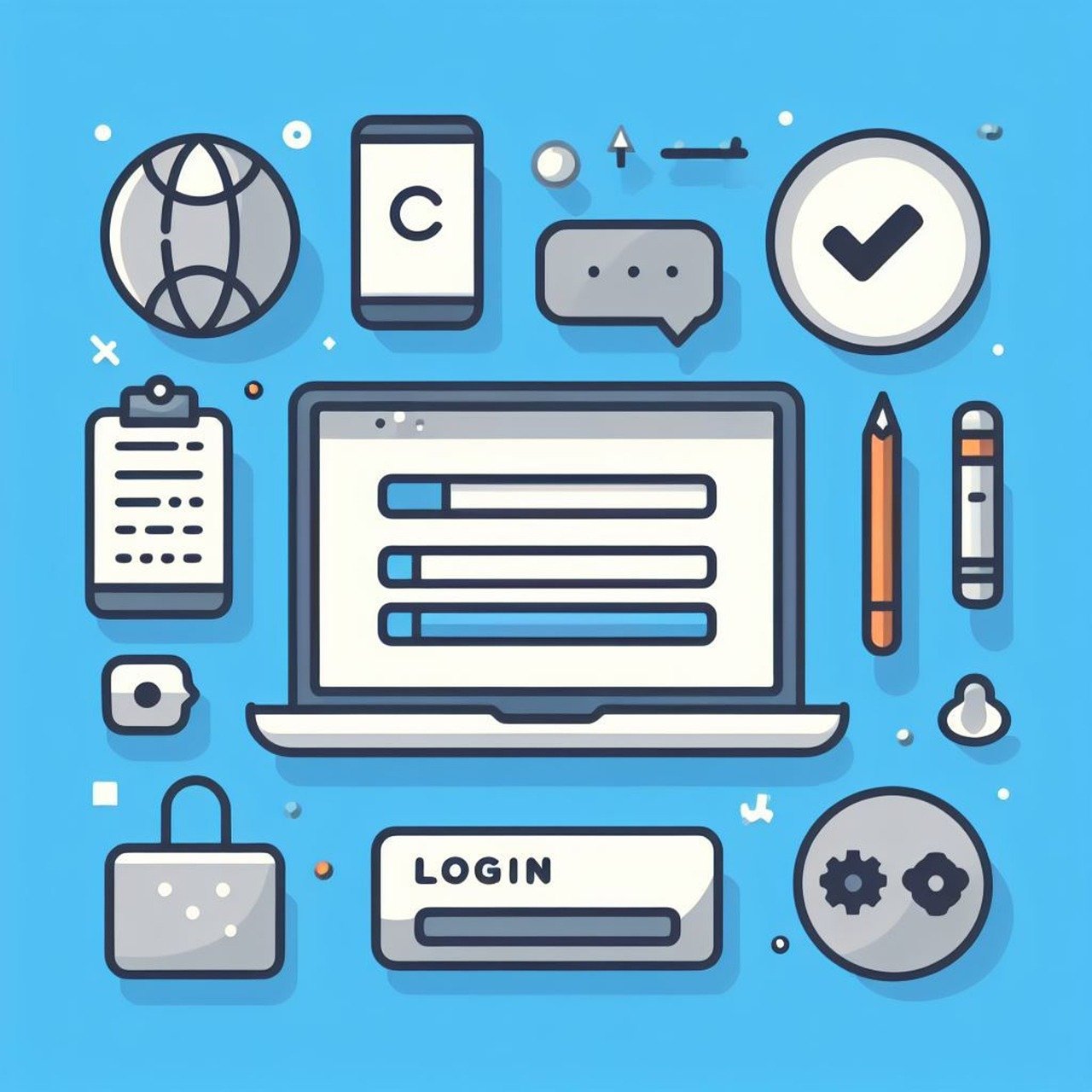Here, we will show you the must-dos and don’ts for protecting your password and personal data.
Nowadays, passwords are a lucrative business for cybercriminals. Today’s world is entirely different from the earlier “non-online world. It would be best to take control of your online activities to protect yourself from scammers. Remember, your details should remain private and confidential.
Protecting your password and personal data can protect you from all sorts of attacks, such as ransomware and data-stealing trojans that are purely in your hands.
Making your data, devices, and activities more secure does not need a lot of energy. To remain safe online, apply dos and don’ts; the article will focus on the two dimensions.
READ ALSO: Comprehensive Malware Guide: Safeguarding Your Digital World
Table of Contents
Dos For Protecting Your Password And Personal Data
Data encryption
Data encryption is not an IT expert jargon; modern tools have simplified the encryption mechanism. Anyone can encrypt their emails and other personal information.
For instance, GPG is an Apple Mail program that can be used by anyone to encrypt, decrypt, sign, and verify emails.
If you are after file protection, you can use Apple’s OS X operating system, which quickly encrypts computers’ hard drives. Microsoft Windows also has encrypting programs.
Install an SSL Certificate
When you insert login credentials on the website, check that the website must install an SSL certificate, and you can check it by seeing a green padlock and HTTPS before the domain name.
When you have an SSL Certificate on the website, your password and login details will remain safe.
Anti-malware protection
Malware is one of the most severe computer threats for many computer users. This software is designed to infiltrate computers and then cause damage to them. It includes worms, viruses, Trojan horses, scareware, and spyware.
The software can be used for emails, websites, downloadable files, photos, and videos. This means your device is prone to any attack. The best way to avoid your device from being infected is by performing periodic scans, having a reliable anti-virus, and avoiding suspicious websites and email links.
But scammers are computer experts; they know all the tricks. That is why it is advisable to use anti-malware. Anti-malware lays a secure foundation for your devices.
READ ALSO: Student Cybersecurity: 5 Simple Tips for Safety
Install operating system updates
Operating system updates annoy many users. But they are the best since they have essential security patches that protect your device from recent infiltrations.
Not installing them means your device is vulnerable to scammers’ attacks. They are typically updated monthly. Just let your operating system update automatically.
Use passcodes
If you leave your phone in a taxi, can the next person access the personal details stored on it?
Losing your phone is a normal occurrence, but allowing the next person to access your sensitive details, such as emails and social media accounts, can create havoc in your life.
Use unique passcodes to protect your phone’s accessibility. They make it difficult for one to guess.
Be wary of free public Wi-Fi
Put your money where your mouth is, right? Free Wi-Fi is certainly convenient, but in terms of security, it’s a concern. With the right tools, any user of the free Wi-Fi can eavesdrop on your online activities.
This avoids logging in to your bank account or credit card on the Wi-Fi. If necessary, read on for some tips to follow when using free public Wi-Fi.
Back up your data
This is one of the most neglected data protection mechanisms. The mechanism duplicates your data, so if your device is stolen, compromised, or lost, you won’t lose your vital details. It is an essential thing, and anyone can do it.
Close your unused accounts
Have data on all your online accounts. Identify the operational ones and those that are not in use. If there is a breach on any of your accounts, scammers can access the personal information tied to the account.
For example, your old email could contain some bank statements and healthcare details. Shut down unused accounts; the smaller the accounts, the better.
Read Also: Browser Compartmentalization: How To Compartmentalize Your Web Browsers
Use biometric way
Tablets, smartphones, and laptops allow users to log on using fingerprints. This is not only secure, but there is also the chance of forgetting passwords that do not exist.
The biometric options make it difficult for intruders to access your device. You’ve to be around for them to log into your device.
10. Consider a password manager
Password managers are very useful for tracking different usernames and passwords across various websites. This boosts safety and saves your time.
Password managers also synchronize passwords on various devices. Hence, you cannot log in to a site with a laptop even if you registered it with a tablet.
11. Be phish alert
Be cautious when you are using your email. Delete all the emails from people you do not know. Do not click on suspicious links.
And if you get an email from your bank or service provider, be keen on the address and ensure it matches the organization’s URL.
Lastly, to examine the embedded links, copy and paste them into your browser window.
READ ALSO: Great Tools To Help Protect Yourself And Your Devices
Don’ts For Protecting Your Password And Personal Data
Avoid downloading an unknown application
Vet every application that you intend to download. Know the source, size, and details. Some downloads secretly host malicious software. Therefore, you should avoid any downloads that are unclear about their source.
Be vigilant when linking accounts
Nowadays, many sites have an alternative to signing up with different accounts. The sites allow one to sign in with Facebook or Google accounts.
This does not mean that the sites will access your logging credentials, but they can access some information, such as your name, birthday, and email address. Therefore, be skeptical of some of these, especially if they were created recently.
Wrapping Up: Protecting Your Password And Personal Data
There are no protection mechanisms that are 100% hacker-proof, but as mentioned above, there are several steps you can take to keep yourself safe. Nevertheless, by noting the dos and don’ts of protecting your password and personal data discussed above, you can aid yourself.
Stay informed about the latest security tricks and tactics, and apply common sense online. Do not click on any link.
You can also download your Facebook data to see how this company knows you. It is worth noting that Cambridge Analytica obtained a significant portion of its data from Facebook. This will be very helpful, especially if you are an individual who regularly clicks quizzes that require you to access your social media.
Lastly, it is a marathon but not a sprint. When it comes to data management, most people run instead of walking. This means they opt for hyper-technical measures, overlooking the necessary and effective data protection measures.
Therefore, without proper knowledge, they make mistakes at the end of exposing their data. You should be gradual in data management. The basic methods will give a clear picture of the hyper ones.
RELATED POSTS
- 7 Best Password Managers
- Full 1Password Review – Reliable Password Manager
- 7 Tips To Create A Strong HackProof Password
- 12 Worst Data Breaches In History
- Dos And Don’ts Of Using A Public Wi-Fi [Ultimate Guide]
- Ultimate Digital Privacy Guide: Protect Your Data Today
- AI Revolution: Protecting Your Cyber Future
About the Author:
John Raymond is a cybersecurity content writer, with over 5 years of experience in the technology industry. He is passionate about staying up-to-date with the latest trends and developments in the field of cybersecurity, and is an avid researcher and writer. He has written numerous articles on topics of cybersecurity, privacy, and digital security, and is committed to providing valuable and helpful information to the public.
Meet Angela Daniel, an esteemed cybersecurity expert and the Associate Editor at SecureBlitz. With a profound understanding of the digital security landscape, Angela is dedicated to sharing her wealth of knowledge with readers. Her insightful articles delve into the intricacies of cybersecurity, offering a beacon of understanding in the ever-evolving realm of online safety.
Angela's expertise is grounded in a passion for staying at the forefront of emerging threats and protective measures. Her commitment to empowering individuals and organizations with the tools and insights to safeguard their digital presence is unwavering.










